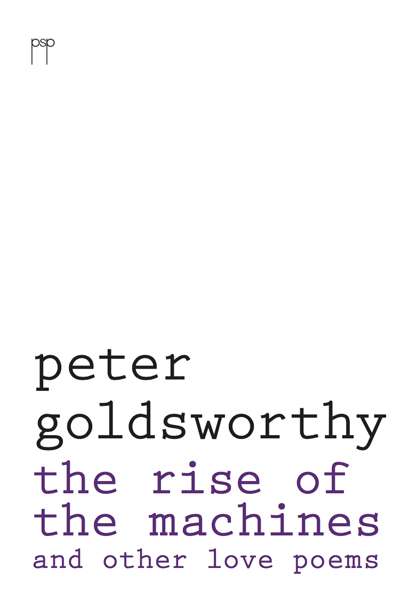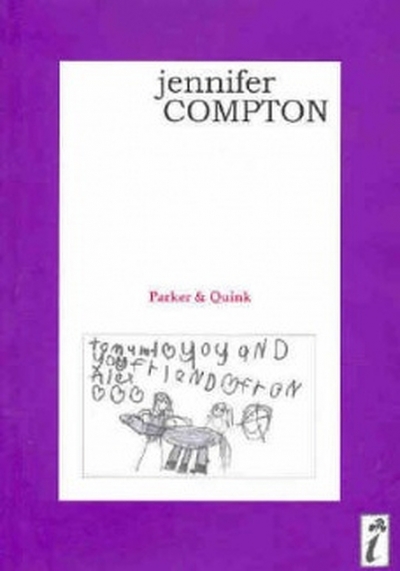Philip Harvey
The Rise of the Machines and other love poems by Peter Goldsworthy
by Philip Harvey •
A Local Habitation: Poems and Homilies by Peter Steele, edited by Sean Burke
by Philip Harvey •
The New Puritans: The rise of fundamentalism in the Sydney Anglican Church by Muriel Porter
by Philip Harvey •
Unfinished Journey: Collected Poems 1932-2004 by Michael Thwaites
by Philip Harvey •
Parker & Quink by Jennifer Compton & The Yugoslav Women and Their Pickled Herrings by Cathy Young
by Philip Harvey •







